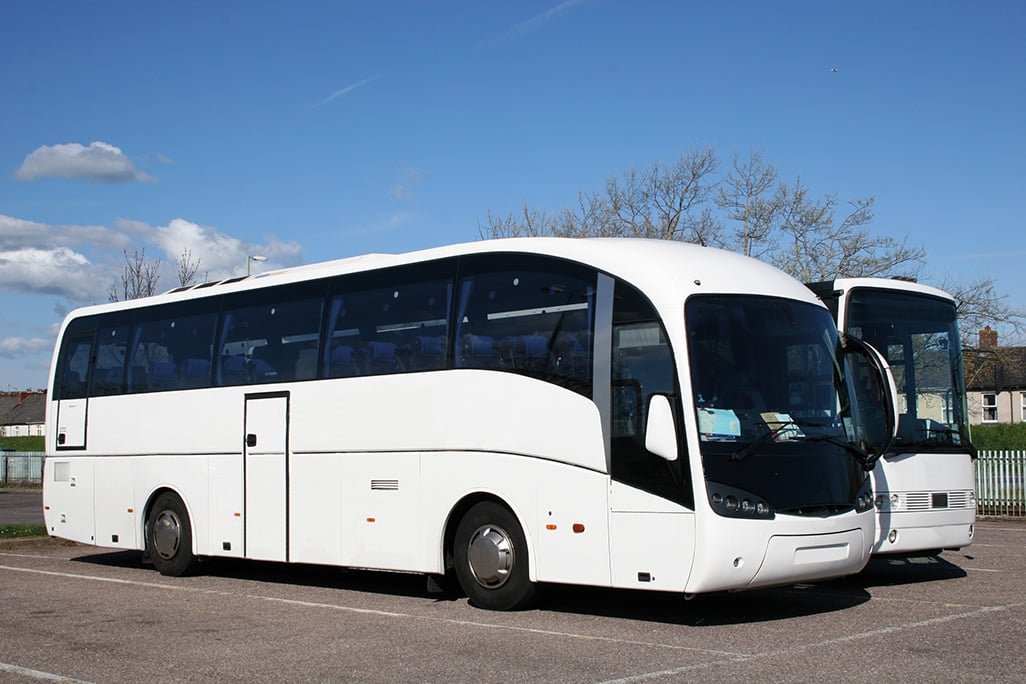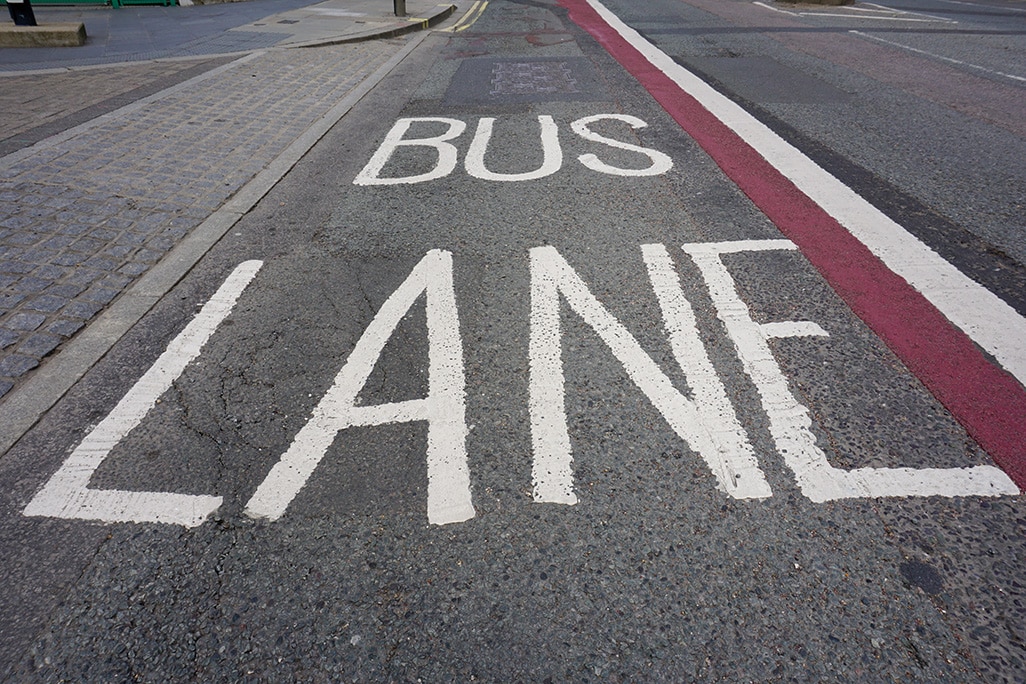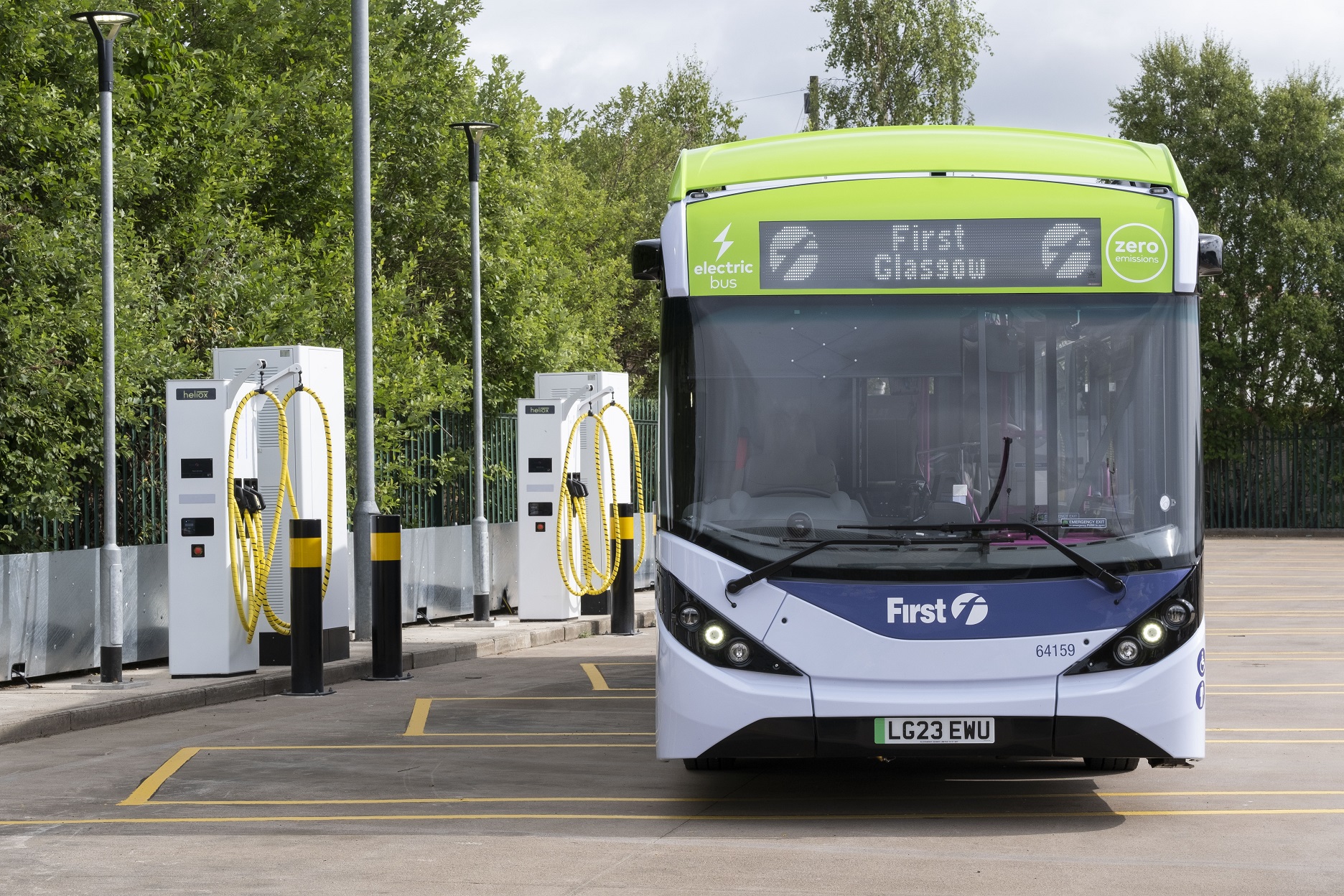Changes within the government will be here soon. CPT CEO Graham Vidler stresses how vital it is to ensure funding for coach and bus
It has been a turbulent few weeks in Westminster, with a Conservative leadership contest now imminent following Boris Johnson’s resignation, and a new Prime Minister to be announced in September. Putting aside the controversies surrounding the outgoing Prime Minister, it is important to reflect on the current government’s achievements in relation to buses.
Whatever you may think of Johnson’s tenure, the introduction of the National Bus Strategy (NBS) for England, responding to the Confederation of Passenger Transport’s 2019 proposals for just such a strategy, has seen unprecedented amounts of money flow into the sector.
The funding commitments made by the government of just over £2bn, through Bus Service Improvement Plans (BSIPs), zeroemission buses and improved bus services as part of City Region Sustainable Transport Settlements, is of course welcome and an encouraging start.
But there is much more work to be done. An incoming priority of the new government
must be to finish what has been started, and guarantee a long-term UK-wide funding settlement, in particular for those areas that missed out on BSIP allocations in April.
What’s more, there was a commitment through NBS to deliver 4,000 zero-emission buses through the Zero Emission Bus Regional Areas scheme. But to date, we know that funding has been allocated to just 2,500 vehicles, and of those only 130 have been ordered – none are yet on our roads.
The government must also wake up to the far-reaching benefits of coach travel and the challenges which face the operators to reach our decarbonisation goals. As shown in the recent report from our Zero Emission Coach Taskforce, the current lack of certainty over zero-emission technology is the most significant barrier facing the industry. Will future coaches be powered by battery-electric, hydrogen fuel cell-electric, or a combination of both, and how will the government ensure the infrastructure is in place to support a greener fleet as we strive to meet net zero targets?
There must also be enthusiasm from government to recognise the essential importance of shifting demand from cars to coaches and buses. Without doing so, there is no question that the UK will fall short of its net zero ambitions. With this in mind, it was great to see the launch of our report: The decarbonisation dividend: The economic, environmental and social benefits of more bus and coach journeys, produced in conjunction with WPI Economics.
The report shows that small changes in the way we travel can create a big difference. To unlock these benefits, each of us needs to switch just one journey per month from car to bus by the end of this decade, two journeys per month by 2050. That’s it.
The encouraging findings from the report, and our consumer research, demonstrate that the shift from cars to coaches and buses is necessary, desirable and, most importantly, possible.
In the meantime, it is welcome that Number 10 said that its ongoing priority is “making sure the government is on the side of the public, on the cost of energy, transport and housing and all else that matters to them.”
We will ensure this remains a top priority in our ongoing meetings with the Department for Transport.


























